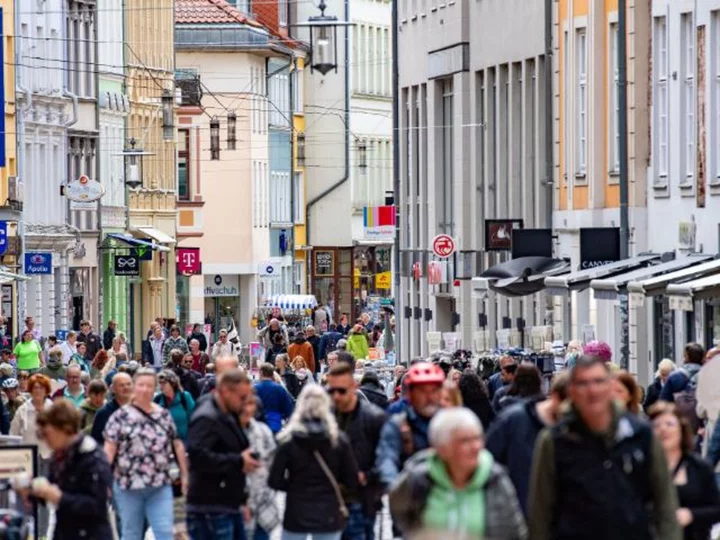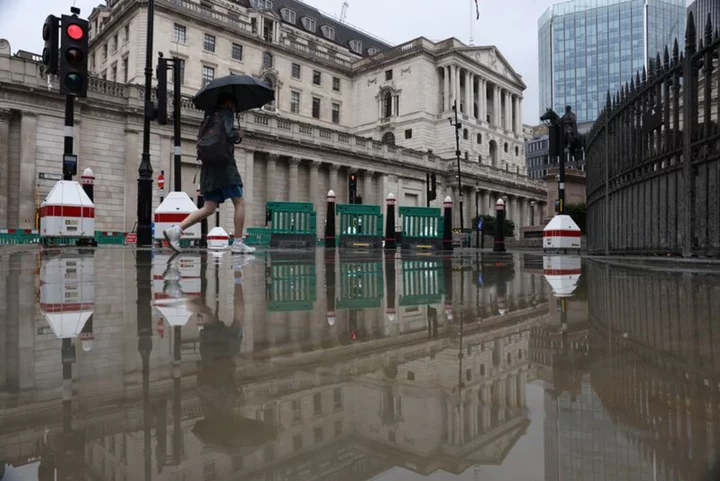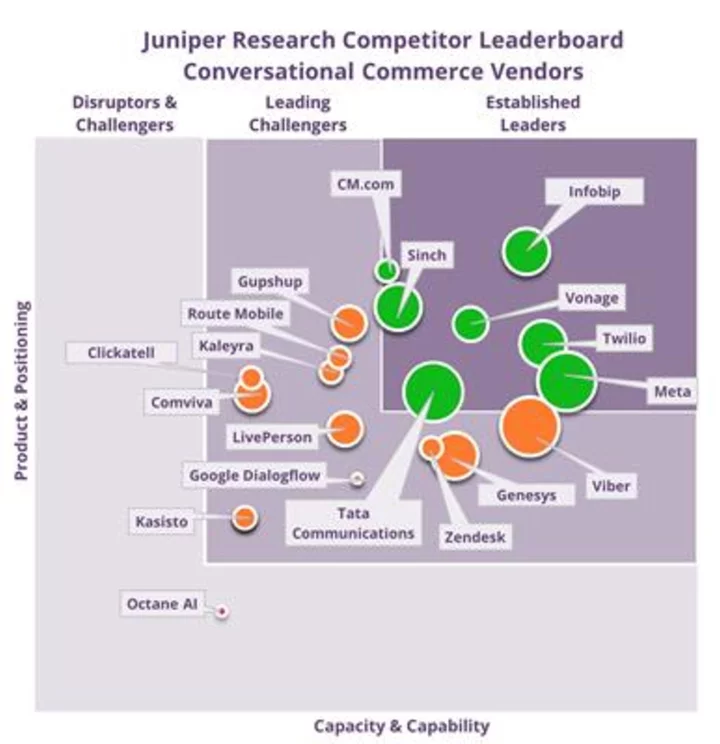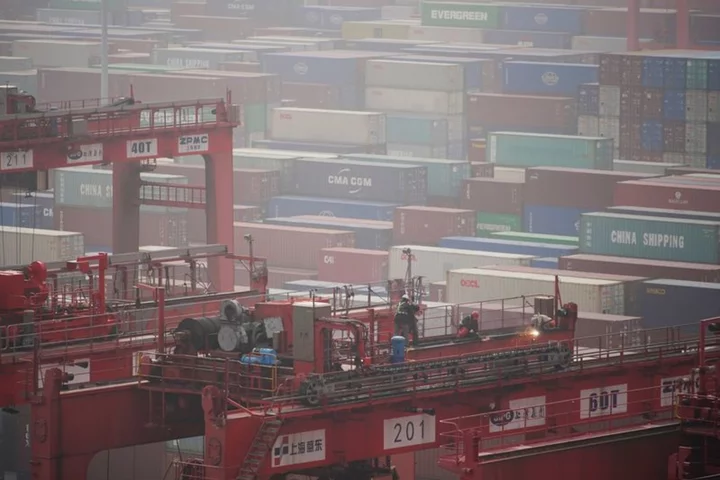Germany has slipped into recession as last year's energy price shock takes its toll on consumer spending.
Output in Europe's largest economy dropped 0.3% in the first three months of the year, following a 0.5% contraction at the end of 2022, official data showed Thursday.
The Federal Statistical Office downgraded its previous estimate of zero growth in gross domestic product compared with the previous quarter. A recession is defined as two consecutive quarters of declining output.
"The persistence of high price increases continued to be a burden on the German economy at the start of the year," the office said. "This was particularly reflected in household final consumption expenditure, which was down 1.2% in the first quarter of 2023."
Claus Vistesen, chief euro area economist at Pantheon Macroeconomics, said spending by consumers in the first quarter was crimped by "the shock in energy prices."
The recession may prove to be short-lived, however, as timelier PMI survey data showed earlier this week that business activity in Germany expanded again in May, despite a sharp downturn in manufacturing.
— This is a developing story and will be updated.









